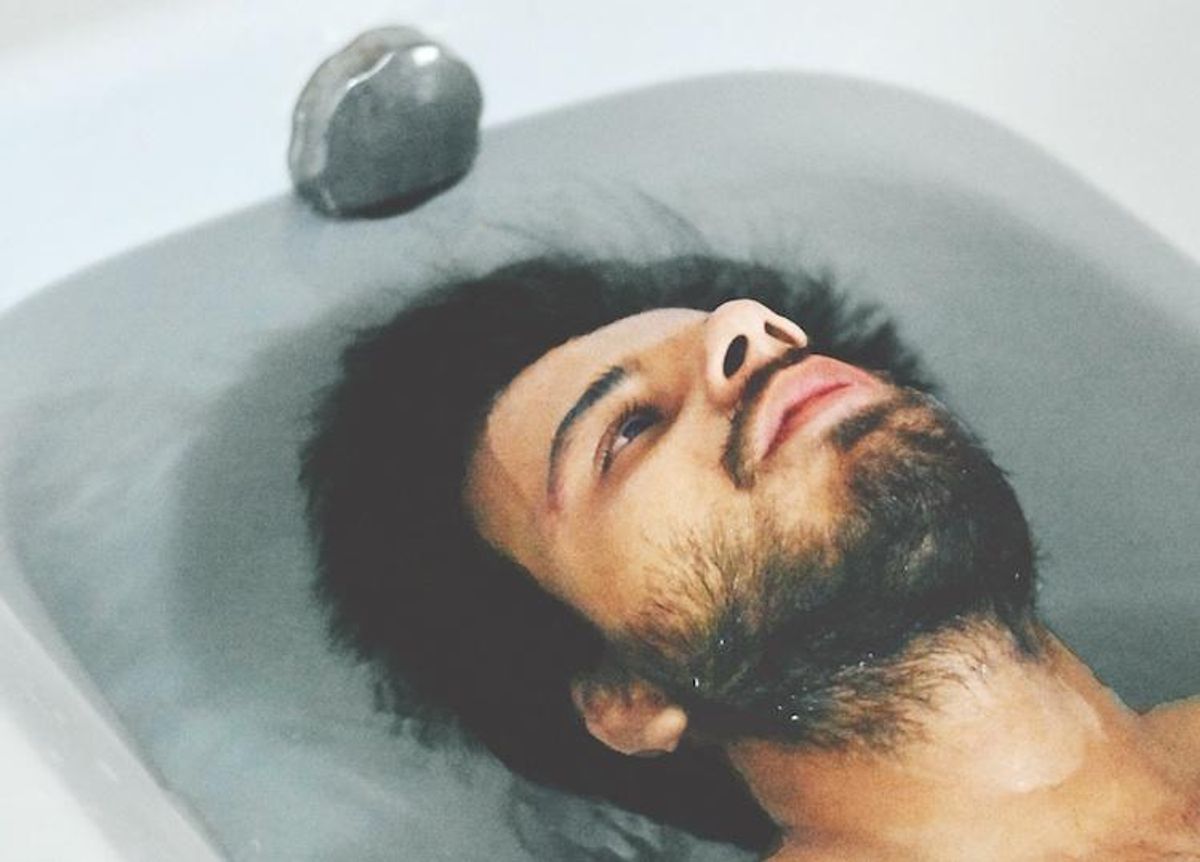News & Opinion
Op-Ed: The Radical Importance of Silence After Tragedy

Advait Jayant/Unsplash
The last few weeks have been a trying time in the hearts of people across the globe.
July 13 2016 11:37 AM EST
July 13 2016 7:57 AM EST
By continuing to use our site, you agree to our Private Policy and Terms of Use.

The last few weeks have been a trying time in the hearts of people across the globe.
After the mass shooting at Pulse nightclub in Orlando, the deaths of Alton Sterling and Philando Castile by police, and the killing of five officers during a peaceful Black Lives Matter protest in Dallas, people everywhere this summer are hurting.
I, a queer person of color, am hurting.
I am hurt imagining the pain of my queer Latinx brothers and sisters as they spent their final moments at the hands of an extremist blinded by anger and armed by faulty gun control laws. Hurt that someone can feel such a pain that it would cause them to commit the worst mass shooting in U.S. history. Hurt because my black brothers and sisters are being gunned down in the streets by the very same people who have sworn to protect them. And hurt because this isn't the world that I ever imagined I'd be living in.
But I'm not alone in my pain.
These tragedies have ignited anger and frustration across the nation as people process the fact that yet again society has failed them and more lives have been thoughtlessly taken.
While we need this anger--frustration and action lead change--I believe we also need silence. I want to write that it's OK to be silent.
Social media may have us believe that our next step is to make an obligatory post on Facebook expressing our solidarity. However, it's more important to first attend to our own mental health before putting ourselves in a position that could be further traumatizing. Making a post on social media opens a door for debate, filled with negativity, opposing views, and criticisms, which everyone may not be immediately ready to handle.
Psychologist Monica Williams has researched race-based stress and trauma. The term is usually in reference to the effect of dealing with a racist interaction, but can also be applied to triggering events in news and social media, which bring forth symptoms similar to those of PTSD.
In an interview with The New York Times last year, Williams spoke about the impact social media can have during times of racial injustice.
"Online communities can be a great source of support, of course," she said. "With the caveat that even just one hater can be stressful for everyone, and that's the danger of it."
So what can you do to ensure your sanity in a time like this? The National Center for PTSD gives a few tips to help people cope with these types of disasters. An important one is realizing that you're not crazy for feeling overwhelmed--that these kinds of stress reactions are quite common after disasters and that over time it'll all pass.
However, if needed, it's OK to take a timeout. The stress that accompanies disasters can also create irritability and anger, which can affect your health, sense of self-control, and even your relationships. It's important, though, not to completely isolate yourself. Since disasters are unique types of trauma, most often many people have been affected. Being with family, friends, and neighbors may help you realize that you are not the only one affected, and in turn, this can help rebuild your trust in other people.
One technique that's also encouraged is to try take on a broader view. For example, make a list of some of your personal values. Then, pinpoint those things that the disaster has highlighted as most important to you. You can then use this list to remind yourself of your goals and priorities, which can then help guide yourself to live your life in a way that's true to those values.
The world is a dangerous place, and prematurely putting ourselves into situations without the proper presence of mind can further harm us and make things worse. We must remember to self-care--to take moments of silence, to reflect and to repair--as we dive deeper into the battle against injustice. This fight is long from over, and we need all of our strongest efforts to win.
Tyler Austin is a writer inspired by all things food and culture. Originally from a small suburb outside of Detroit, he currently lives in NYC. In his spare time he can be found doing freelance work, yoga or drinking unseemly amounts of coffee.
Want more breaking equality news & trending entertainment stories?
Check out our NEW 24/7 streaming service: the Advocate Channel!
Download the Advocate Channel App for your mobile phone and your favorite streaming device!